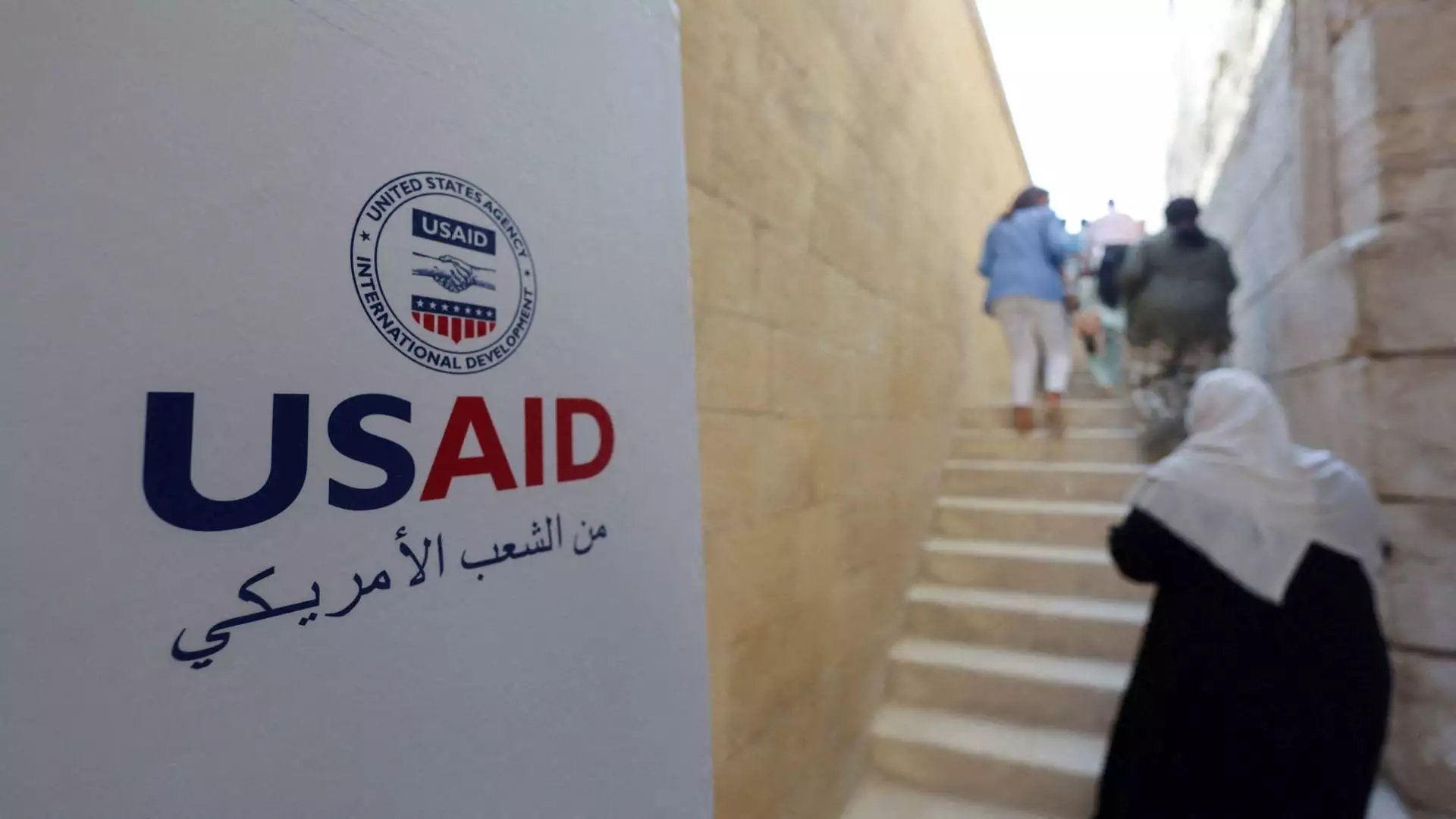The recent upheaval at the United States Agency for International Development (USAID) has sparked a significant controversy surrounding government operations and security protocols. The administrative leave of USAID’s Director of Security, John Voorhees, and his deputy, Brian McGill, signals not just internal discord but a potential crisis in management and oversight of sensitive systems. This article aims to delve into the broader implications of these events, focusing on transparency, accountability, and the influence of external figures on government agencies.
The conflict began when the Department of Government Efficiency (DOGE) sought access to classified USAID systems. Reports from multiple sources indicate that the DOGE employees sought to view sensitive personnel and security information, which included security clearance details. The refusal of Voorhees and McGill to grant access triggered threats from DOGE employees to involve U.S. Marshals, indicating a concerning escalation rather than a resolution. The fundamental issue stems from a power struggle where employees of different agencies are vying for authority and access to sensitive information.
The ensuing drama highlights serious questions about cybersecurity and inter-agency collaboration. If employees from DOGE, which is perceived to have an agenda pushed by certain political figures, can access secure files based on intimidation, it raises alarms about the effectiveness of existing security measures. What protocols are in place to protect sensitive information from unauthorized access? This incident serves as a troubling reminder that the current framework for managing inter-agency relations may be insufficient.
Adding to the complexity of this situation is the involvement of Elon Musk, the billionaire entrepreneur known for his strong opinions and social media presence. Musk’s recent incendiary comments made via social media, where he referred to USAID as a “criminal organization,” are emblematic of a broader trend in which charismatic figures can shape public discourse and policy with little accountability. His influence carries weight, especially considering his ties to political figures from the Trump administration.
Musk’s comments amplify existing tensions and could instigate further challenges for USAID. Such public declarations may embolden those within government who share similar viewpoints, leading to calls for drastic changes in the structure and oversight of government agencies. This situation showcases how external influences can complicate and disrupt the operational integrity of federal institutions.
As the political maneuvering continues, the human impact cannot be ignored. Reports indicate that over a thousand employees and contractors from USAID have either lost their jobs or been furloughed as a direct result of a freeze in global assistance spearheaded by the Trump administration. This has detrimental effects on morale and job security among employees who are dedicated to humanitarian efforts.
Furthermore, the repercussions are felt not only within the agency but also in the international communities that depend on USAID’s services. The agency’s mission is to foster development and humanitarian assistance, but with a significant workforce reduction, its capacity to respond effectively is in jeopardy. This raises ethical questions about governance prioritizing political agendas over essential services that impact millions around the globe.
The potential plan to place USAID under the authority of the State Department signifies a drastic reimagining of its role and functionality. Such a move, if enacted, could undermine the very purpose of USAID as an independent agency, which was established to ensure dedicated focus on international development issues. Legal experts and congressional members have voiced concerns about the legality of this transition, pointing to the potential violation of laws governing the agency’s establishment.
As the situation unfolds, it remains uncertain how these developments will impact the future of USAID. Will it emerge from this turmoil with strengthened oversight mechanisms, or will it succumb to political pressures that compromise its mission? The events at USAID serve as a critical illustration of how internal strife, external influences, and political agendas can converge to create instability within government agencies. As citizens, stakeholders, and experts alike observe this evolving scenario, the principles of transparency, accountability, and integrity in governance become increasingly paramount.


Leave a Reply